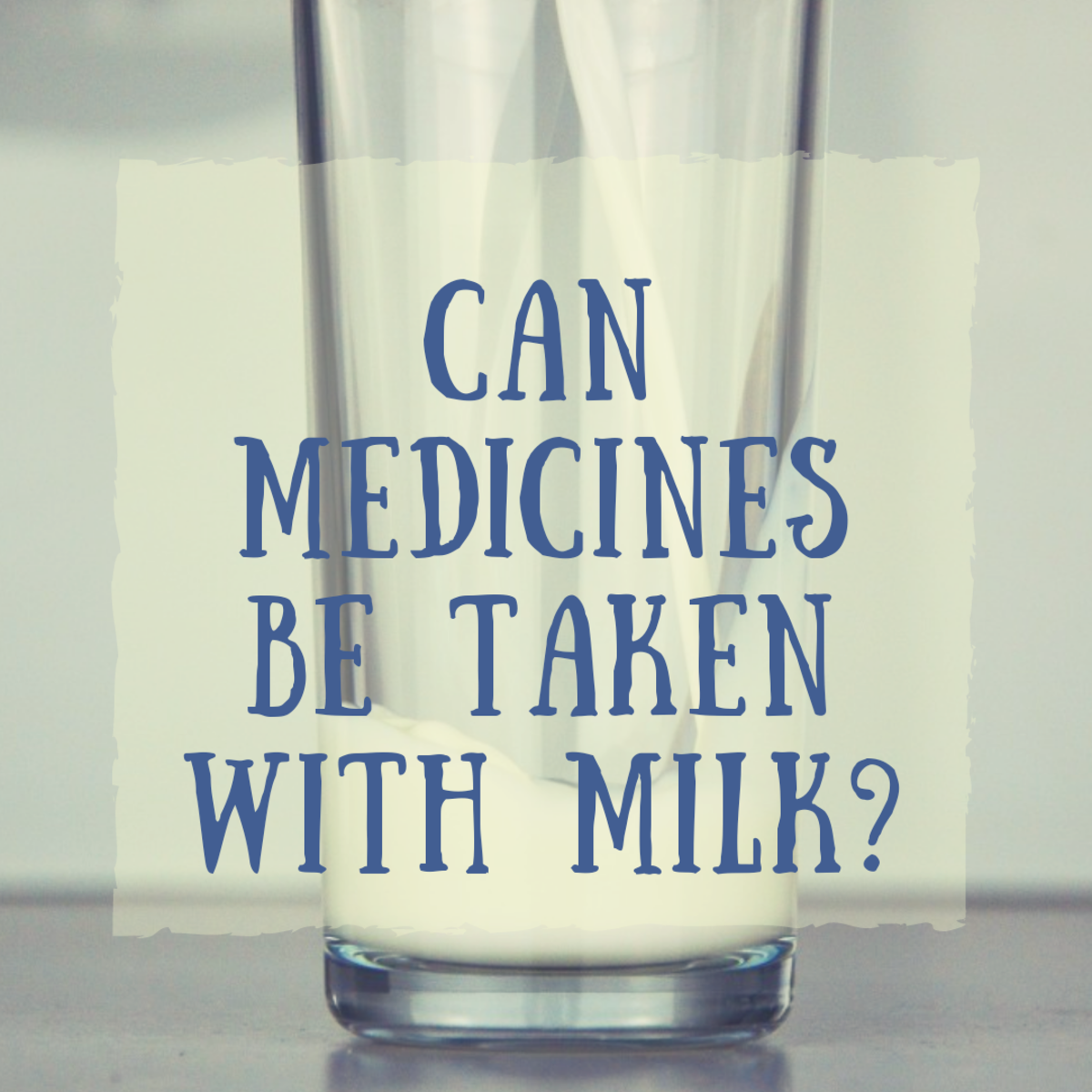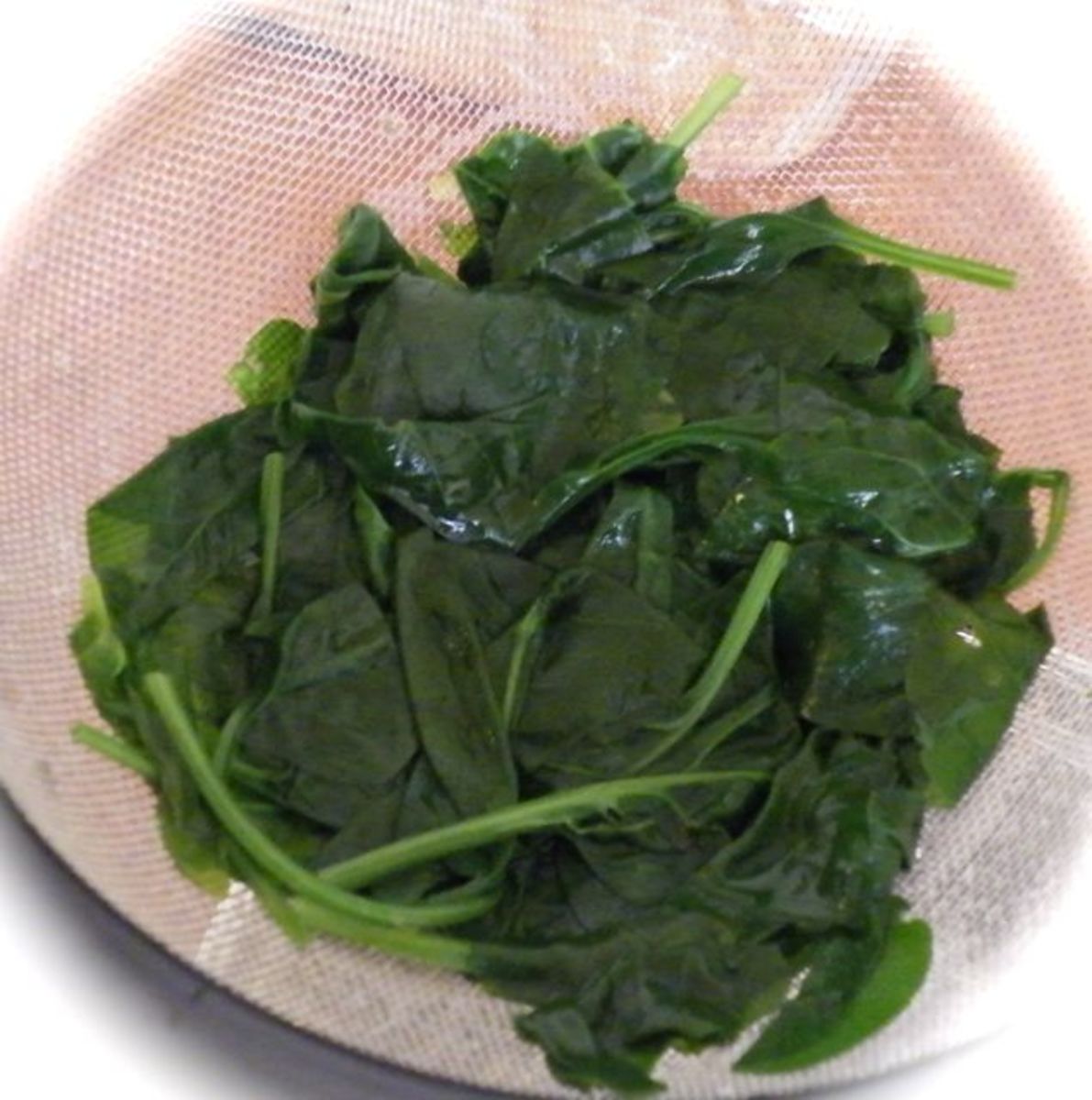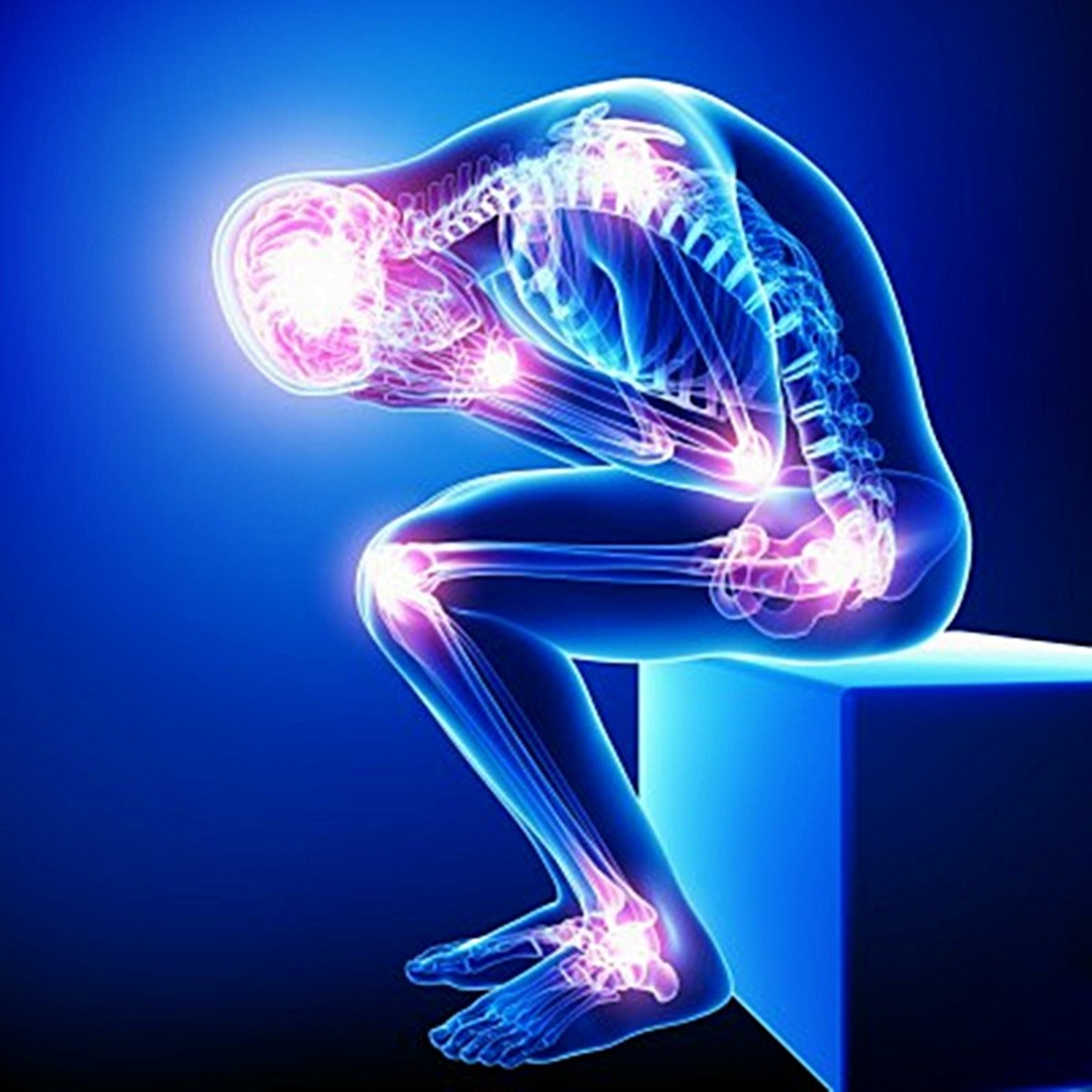How to Get More Calcium into a Diet
What is Calcium? Why do we Need Calcium?
Calcium isn't just about healthy bones and teeth. Did you know it affects? Calcium is a metallic, chemical element found in large quantities in the earth’s crust. It is also the most abundant mineral found in the human body. An adult male has about 1 to 1.5 kg of calcium in the body, and 99% of it is present in the bones. Calcium is vital for the optimal functioning of the entire body. It is common knowledge that our body needs calcium for development of bones and teeth. What is generally not well known is that, calcium is the cellular cement for bones; it is required for proper functioning of the muscles, transmission of nerve impulses and for clotting of the blood. There is more to calcium than strong bones and teeth.
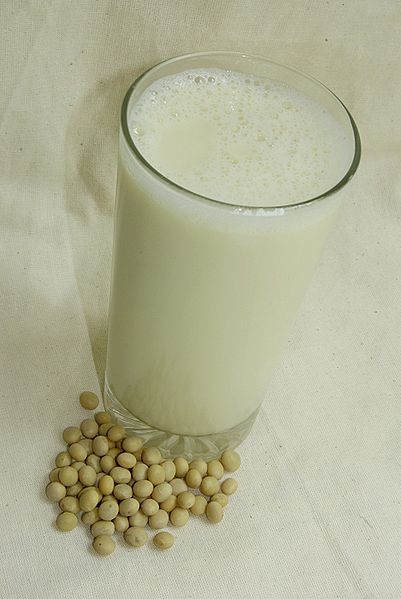
What Does Calcium Do for the Body?
- It helps in the development of strong bones and teeth.
- Calcium is needed for the proper functioning of the muscles in your body. An inadequate supply of calcium can result in muscle cramps.
- Your heart muscles would also not have the strength to contract sufficiently. Calcium is essential for the process of coagulation of the blood.
- Calcium is also required for the activation of enzymes, which are catalysts for all biochemical reactions in the body.
- It also helps in the release of certain hormones like insulin.
- Calcium helps bind your cells together.
Although you could take calcium supplements to bridge the gap, doctors and dietitians would encourage you to get your calcium from your food. When you get calcium from your diet, you would also be getting other trace elements, vitamins, minerals and fibre that is necessary for your body to function properly.

Recommended Calcium Intake for all Age Groupsss
0-6 months
| 210 milligrams / day
|
|---|---|
7-12 months
| 270 milligrams / day
|
1-3 years
| 500 milligrams / day
|
4-8 years
| 800 milligrams / day
|
9-18 years
| 1,300 milligrams / day
|
19-50 years
| 1,000 milligrams / day
|
50+ years
| 1,200 milligrams / day
|
When to Increase Calcium Intake
The requirement of calcium could increase in certain conditions like pregnancy, lactation, postmenopausal women and aging adults.
Adolescents grow at a fast pace, which also means their bones are also growing rapidly before it stabilizes at adulthood. A diet, which is rich in calcium, helps develop strong bones and muscles.
Conditions like osteoporosis, lactose intolerance, following a vegan diet, or when a person is on certain medications, may warrant the use of calcium supplements. This needs to be determined by your doctor, taking into consideration your normal diet.
Foods High in Calcium
The need to get more calcium arises when people have some of the above-mentioned conditions, indicating the need to increase their intake of calcium. People with lactose intolerance or vegans who do not include dairy products, meat or fish into their diet, may need to find different ways of increasing their calcium intake. Dairy is not the only way to get your calcium, as it is often assumed. You could effectively get your calcium requirements from various other sources.
Non-dairy Sources of Calcium for Vegans
- Vegetables like cooked turnip greens, kale, soya beans, okra, Chinese cabbage or bok choy, mustard greens, broccoli, collard greens, beet greens etc., have good amounts of calcium in them.
- All kind of beans and legumes are rich in calcium.
- Soymilk, and other soy products such as tofu and tempeh are rich sources of calcium.
- Tahini, almond butter, etc., are excellent sources of calcium.
- You could add calcium-fortified cereals, oatmeal and orange juice to increase your intake of calcium.
- Almonds, figs, etc., are also rich in calcium.
- Two tablespoons of Blackstrap molasses could give you about 400 mg of calcium. You just need to pick the right foods and achieve a good balance.
Reading the various product labels would help.
Other Foods Rich in Calcium
Milk, yogurt, cheese and other milk products are rich in calcium.
Canned salmon, sardines with edible bones are also rich in calcium.
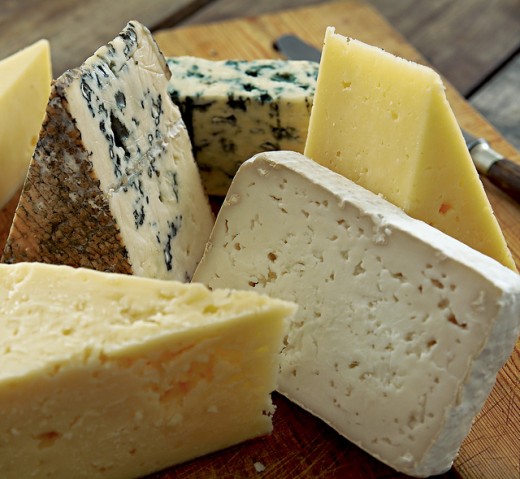
How to Get More Calcium?
Planning each meal with an eye towards adequate calcium intake, would help you have a balanced diet that is rich in calcium.
- You could start your breakfast with a bowl of whole grain cereal and a glass of milk, or soymilk if you are a vegan or lactose intolerant. Alternately, you could have a bowl of oatmeal cooked in milk.
- A glass of fortified orange juice or milk instead of soda or water with your food helps in getting more calcium at each meal.
- Adding small quantities of cheese or almond butter or tahini to your sandwiches or crackers could add more calcium to your meal.
- A sprinkling of sesame seeds over your dark greens or salads could give you that extra calcium.
- Make dips and salad dressing with fat free yogurt. Add fresh herbs to give it some zing.
- Add milk or milk powder to your soups, pancakes, and waffles to get more calcium.
- A snack of unsalted almonds or figs is great for your health.
- A cup of fat free yogurt or a slice of cheese along with your favourite fruit could be a healthy snack, providing you with enough calcium.
- A cup of collard greens or turnip greens with a cup of brown rice, scrambled tempeh or tofu would make a calcium rich meal.
- One serving of hummus or tahini on pita bread, one glass of fortified orange juice and 6 dry figs would provide your requirement of calcium at a meal.
What does Calcium Deficiency Do to the Body?
If your diet does not provide enough calcium for your body, or if your body is unable to absorb the calcium from your diet, it may start withdrawing the calcium from your bones for various body functions. If the depletion of calcium from the bones continues, it could lead to osteoporosis and various other complications arising out of it. Studies indicate that a higher intake of calcium leads to increased bone density and reduced risk of fracture.
Calcium Absorption
Did you know these facts - High fat diets, excess salt and sodas deplete Calcium from your body?
How to Increase Calcium Absorption?
Vitamin D promotes the absorption of calcium. Without Vitamin D your body cannot produce enough of the hormone calcitriol, which is known as the active Vitamin D. Vitamin D helps in the absorption of calcium in the intestines.
You can get Vitamin D in three ways –
- When the ultraviolet rays of the sun strike the skin, it triggers the synthesis of Vitamin D.
- You could also get Vitamin D from your diet. Food sources such as cod liver oil, cooked swordfish, salmon, canned tuna, sardines canned in oil, liver, beef and fortified cereals, juices, yogurt and dairy products are rich in Vitamin D.
- Supplements and fortified foods are another way to get your requirement of Vitamin D.
Factors that Inhibit Absorption of Calcium
- One fact that you need to be aware of, is that a high protein diet over a prolonged period of time causes calcium to be excreted in urine.
- Excess salt in your diet could also cause the same reaction. People with calcium deficiency need to reduce their level of protein and salt intake to increase their calcium absorption.
- Drinking sodas regularly depletes the calcium in your bones. Your body tries to balance the phosphates in the sodas by drawing calcium from your bones. This is later excreted through urine.
Calcium Supplements
Calcium supplements are absorbed better if they are taken in dosages of 500 mg or less at a time. It would be more beneficial to spread it throughout the day. Calcium supplements are better absorbed when taken with food. Just taking calcium supplements alone would not be of great help. It is important to get a little exercise to strengthen your bones, no matter how old you are.
Calcium Side Effects
Before you go off to take calcium supplements, you need to consult with your doctor. Excess calcium in your diet could lead to high levels of calcium in the blood. This impairs kidney function. It also results in kidney stones, causing a lot of pain. Too much calcium also causes fatigue, depression, nausea, vomiting, constipation, etc. You could also develop irregular heartbeat and low blood pressure, which could be dangerous. You need to be cautious about taking any supplements on your own. Moderation and a balance in everything you do is important, and that includes your diet.




